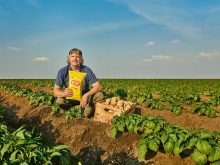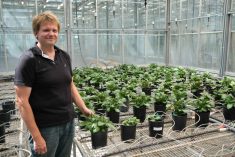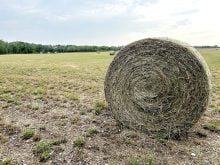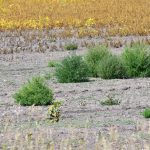The provincial government has scrapped a $200-million endowment that was to fund innovative agriculture research.
When the Agriculture and Food Innovation Endowment account was announced in March, it was praised by Agriculture Minister Verlyn Olson.
“Innovation and diversification in all of our sectors are key to Alberta’s long-term success,” said Olson. “The Agriculture and Food Innovation Endowment will help us get made-in-Alberta agriculture solutions to market around the world.”
But the fiscal landscape has changed dramatically since then, Olson said in an interview just prior to Christmas.
Read Also
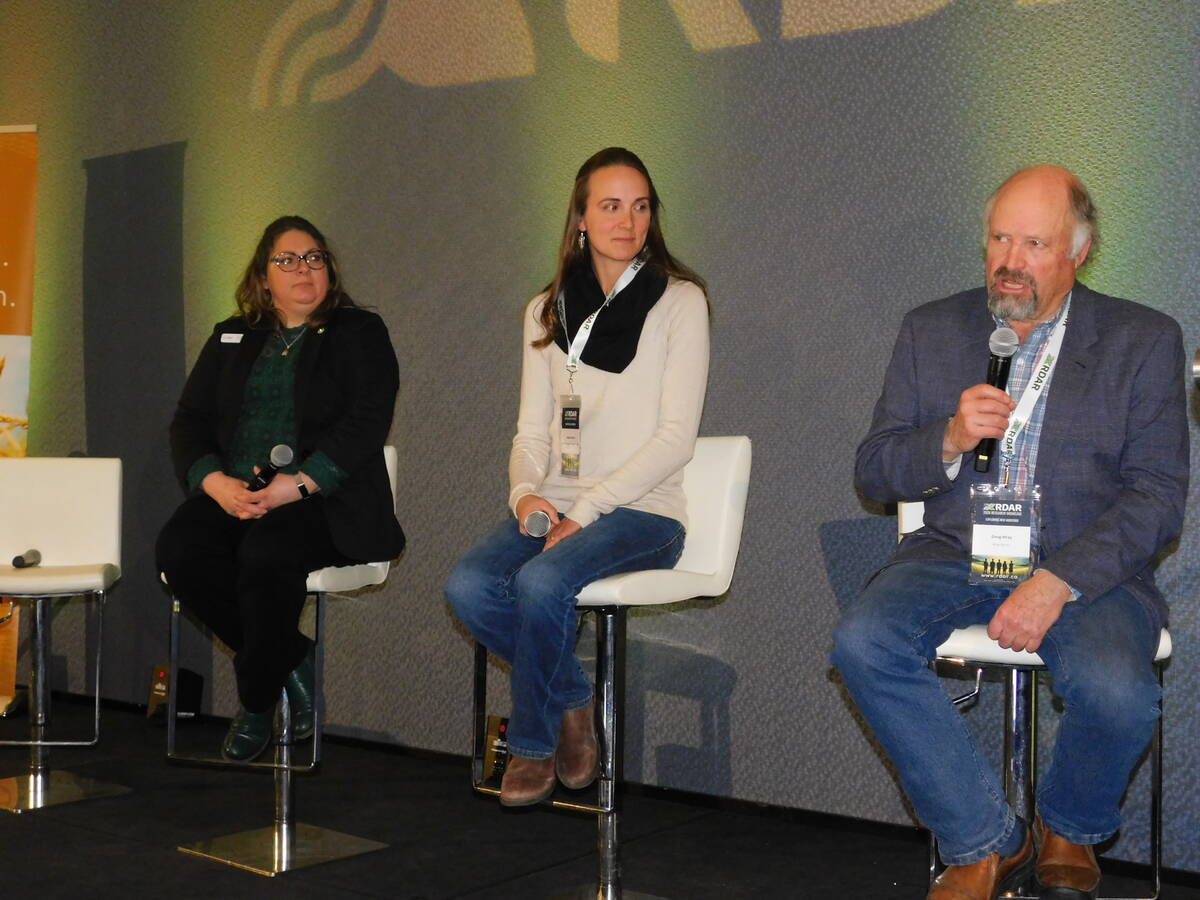
Alberta producers share why on-farm research drives success at RDAR showcase
Farmers explain how producer-led trials and strategic data collection are bridging the gap between the lab and the field in their operations.
“Given the state of the economy right now, and oil prices in particular, it’s probably no surprise to hear that a number of programs have been put on hold,” said Olson. “We don’t know what their future is.”
But the $9 million the endowment would have generated for research funding would have been money well spent, said one official in the ag research community.
“I thought it (the creation of the fund) was fantastic news,” he said. “It was all about rural Alberta and improving the rural economy. But the second the oil price drops, that’s the first thing that’s cut.”
For Alberta researchers, the funding was long overdue and something that would have been “critical in getting us back in the game and making sure we’re still doing innovative research,” said the research official. (He spoke on the condition of anonymity because his organization receives provincial funding and he said he was fearful that speaking out publicly could impact future funding requests.)
His comments were echoed by Ty Faechner, former executive director of the Agricultural Research and Extension Council of Alberta.
“For every dollar that’s invested in ag research in Western Canada, you get a $26 return,” said Faechner. “It is disappointing that that funding will not be available for research.”
Research funding is one of those “smart, long-term investments” that Premier Jim Prentice has highlighted as being critical to the province’s future, both men said.
“Agriculture is becoming a smaller proportion of the GDP in the province,” said the research official. “But rather than (support) the innovation side of things, where agriculture could actually pick up the slack when issues arise in oil prices, instead we cut off the strings that were hoping to improve the overall diversity in the province.”
The endowment would have funded research that private companies aren’t interested in and “new ideas that are a little bit out there.”
“Sometimes it’s successful, and sometimes it’s not, but it’s also what I consider very good use of public money in making sure that we’re always continually adapting to new opportunities,” he said. “As an industry, we’ve been fighting really hard to recognize the importance of agriculture in Alberta and to support it sufficiently so that we remain competitors globally and so that the farmers can maintain profitability.”
Faechner agreed.
“In my experience, a lot of that funding is for projects that are longer term, and they help to drive innovation in our province with regard to what producers are able to accomplish on their farms,” he said.
But these sorts of projects aren’t completely off the table, said Olson.
“The things that were being contemplated for this program were really excellent initiatives, and we are not as a department tossing those in the garbage,” said Olson, adding that $2.5 million of the $9 million slated for this year has already been put toward doubling up the Agriculture Opportunity Fund, which is used for applied research.
“A lot of really good work is being done, and we will keep them on file and continue talking about those types of initiatives. When we get the opportunity, we’ll certainly be back at them.”
The province has said that the projects funded through the scrapped accounts will need to go through the “normal budgeting process.”
“The problem with the normal budgeting process is that rural Alberta, and agriculture in general, doesn’t really have a big voice at the table when you’re competing with the likes of health care and education,” said the research official.
But Olson said innovative research is a key part of his department’s mandate.
“They are things we need to keep as priorities, and we’ll try to work these initiatives into our programs as much as we can with the funding we have,” he said.
“I wouldn’t say they’ll be funded in the same way or all done at the same time. I think we’re going to have to be flexible.”




